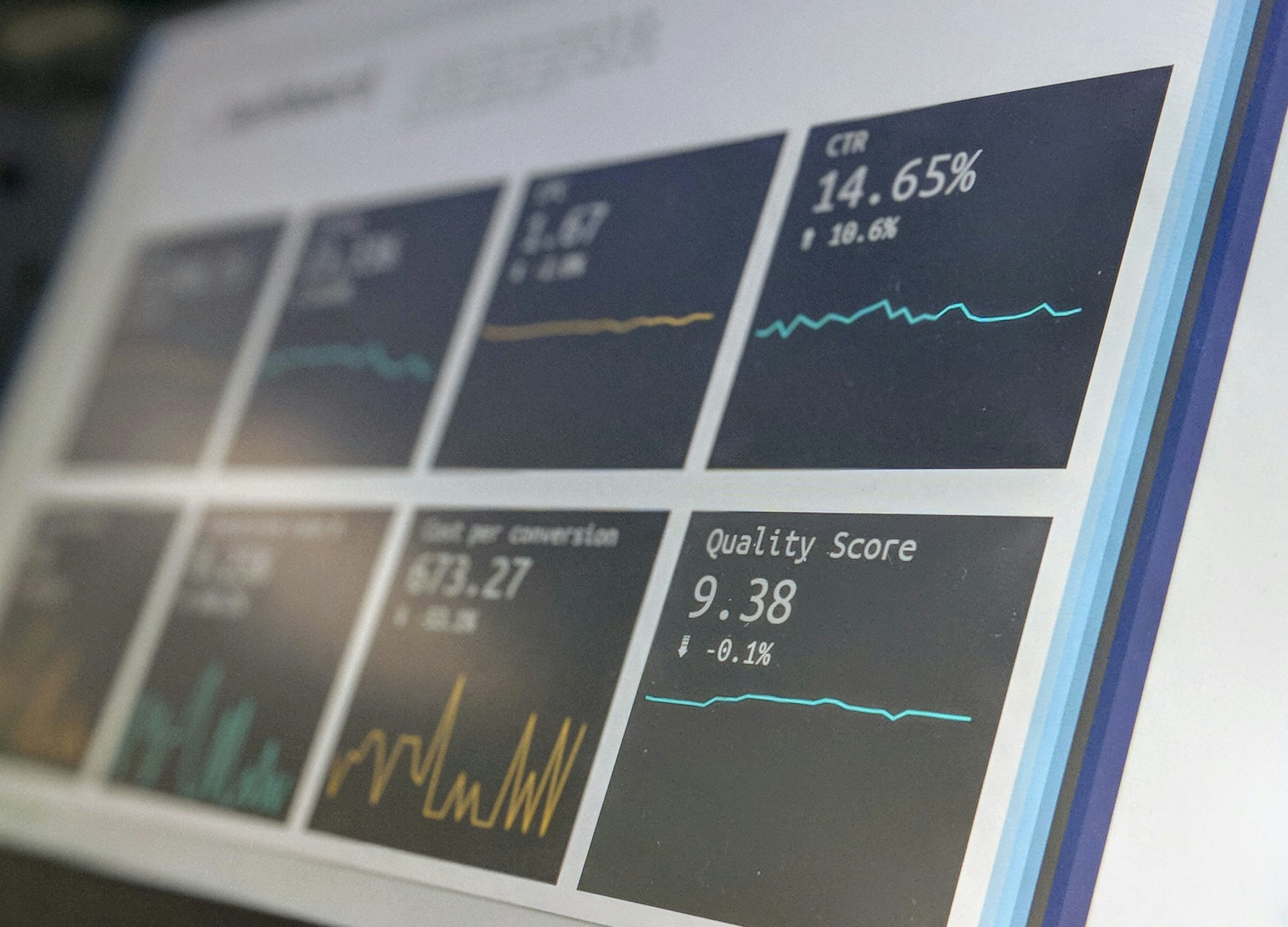In today’s digital landscape, data holds the keys to unlocking unparalleled opportunities for marketers. With every click, purchase, and interaction, a treasure trove of valuable insights is generated, ready to propel marketing strategies to new heights. At the heart of this transformative journey are analytics tools – the guiding stars that illuminate the path from raw data to strategic success.
In this article, we embark on an exhilarating exploration of the profound impact these tools wield on marketing efforts. We’ll uncover their pivotal role in deciphering customer behavior, harnessing market trends, fine-tuning campaign performance, crafting personalized experiences, and empowering decision-making.
Moreover, we’ll unveil why data-driven marketing isn’t just a fleeting trend but rather the bold frontier that defines the future of marketing in our digital era. So, fasten your seatbelts as we journey into the thrilling realm where data meets destiny!
Understanding Customer Behavior: The Foundation of Effective Marketing
The cornerstone of any successful marketing endeavor is a deep understanding of customer behavior. By deciphering the intricacies of consumer actions and preferences, businesses can tailor their strategies to resonate with their target audience. Analytics tools play a pivotal role in this process, offering a bird’s-eye view of customer interactions across various touchpoints. From demographic data to purchase history, browsing behavior to social media engagement, these tools provide invaluable insights into what makes customers tick. Platforms like Google Analytics and Kissmetrics empower marketers to delve into the nuances of customer behavior, enabling them to segment audiences, track conversions, and optimize user experiences for maximum impact.
Riding the Wave: Leveraging Market Trends for Competitive Advantage
In today’s fast-paced marketplace, staying ahead of the curve is paramount. Market trends come and go with lightning speed, and savvy marketers must be poised to ride the wave of change. Analytics tools serve as the compass in this ever-shifting landscape, offering real-time data on emerging trends, consumer preferences, and competitor strategies. By tapping into sources like social media platforms, industry reports, and competitor insights, marketers can gain valuable foresight into market dynamics and seize opportunities before they arise. Tools such as BuzzSumo and SEMrush empower marketers to monitor trends, analyze competitor performance, and fine-tune their strategies for maximum impact, ensuring they stay ahead of the competition.
Enhancing Performance: The Continuous Evolution of Marketing Campaigns
Marketing is not a static endeavor; it’s a dynamic process that requires constant refinement and optimization. Analytics tools provide the fuel for this ongoing evolution, offering a treasure trove of data to guide decision-making and drive performance improvements. Key performance indicators (KPIs) such as click-through rates, conversion rates, and return on investment (ROI) serve as the compass for assessing campaign effectiveness. Platforms like HubSpot and Adobe Analytics provide marketers with real-time insights into campaign performance, allowing them to identify bottlenecks, experiment with different strategies, and optimize their campaigns for maximum impact. By embracing data-driven optimization, marketers can ensure their efforts yield the highest possible return on investment, driving sustainable growth and success.
Crafting Personalized Experiences: The Key to Customer Engagement
In an era of information overload, personalization is the key to cutting through the noise and capturing consumers’ attention. Analytics tools enable marketers to craft hyper-targeted experiences that resonate with individual preferences and needs. By leveraging data on customer demographics, behavior, and preferences, businesses can tailor their messaging, content, and offers to appeal to specific audience segments. Platforms like HubSpot and Optimizely offer sophisticated personalization features, allowing marketers to deliver dynamic content, trigger-based messaging, and personalized recommendations that foster deeper connections with consumers. By embracing data-driven personalization, marketers can create memorable experiences that drive engagement, loyalty, and advocacy among their target audience.
Empowering Decision-Making: From Data to Actionable Insights
In today’s complex business environment, data-driven decision-making is no longer a luxury; it’s a necessity. Analytics tools empower marketers to move beyond gut instincts and intuition, offering concrete data-driven insights to guide strategic decision-making. By analyzing trends, patterns, and correlations within their data sets, marketers can uncover hidden opportunities, mitigate risks, and optimize resource allocation for maximum impact. Advanced analytics platforms like Tableau and Power BI provide powerful visualization tools that transform raw data into intuitive dashboards and reports, enabling stakeholders to gain deeper insights and make informed decisions with confidence. By embracing data-driven decision-making, marketers can unlock new avenues for growth, innovation, and competitive advantage in an increasingly complex and competitive marketplace.
Why Data-Driven Marketing Is the Future of Marketing in the Digital Age
Data-driven marketing isn’t just a passing trend; it’s the future of marketing in the digital age. Here’s why:
- Hyper-Personalization: In an era where consumers expect personalized experiences, data-driven marketing allows businesses to deliver tailored messaging and offers that resonate with individual preferences, driving higher engagement and conversion rates.
- Real-Time Insights: With analytics tools providing real-time data on customer behavior and campaign performance, marketers can adapt their strategies on the fly, responding swiftly to changing market dynamics and consumer preferences.
- Optimized Resource Allocation: By analyzing data on campaign performance and ROI, marketers can allocate resources more effectively, investing in channels and tactics that yield the highest returns and maximizing the impact of their marketing budgets.
- Competitive Advantage: Businesses that embrace data-driven marketing gain a competitive edge by leveraging insights to anticipate market trends, outmaneuver competitors, and capitalize on emerging opportunities, driving sustained growth and profitability.
- Continuous Improvement: Data-driven marketing is a cycle of continuous improvement, with marketers leveraging insights from past campaigns to inform future strategies, refining their approach over time to achieve ever-greater levels of success.
In conclusion, data-driven marketing isn’t just a trend or a buzzword; it’s a fundamental shift in how businesses approach marketing in the digital age. By harnessing the power of data and analytics tools, marketers can unlock new levels of insight, efficiency, and effectiveness, driving business growth and success in an increasingly competitive marketplace.

